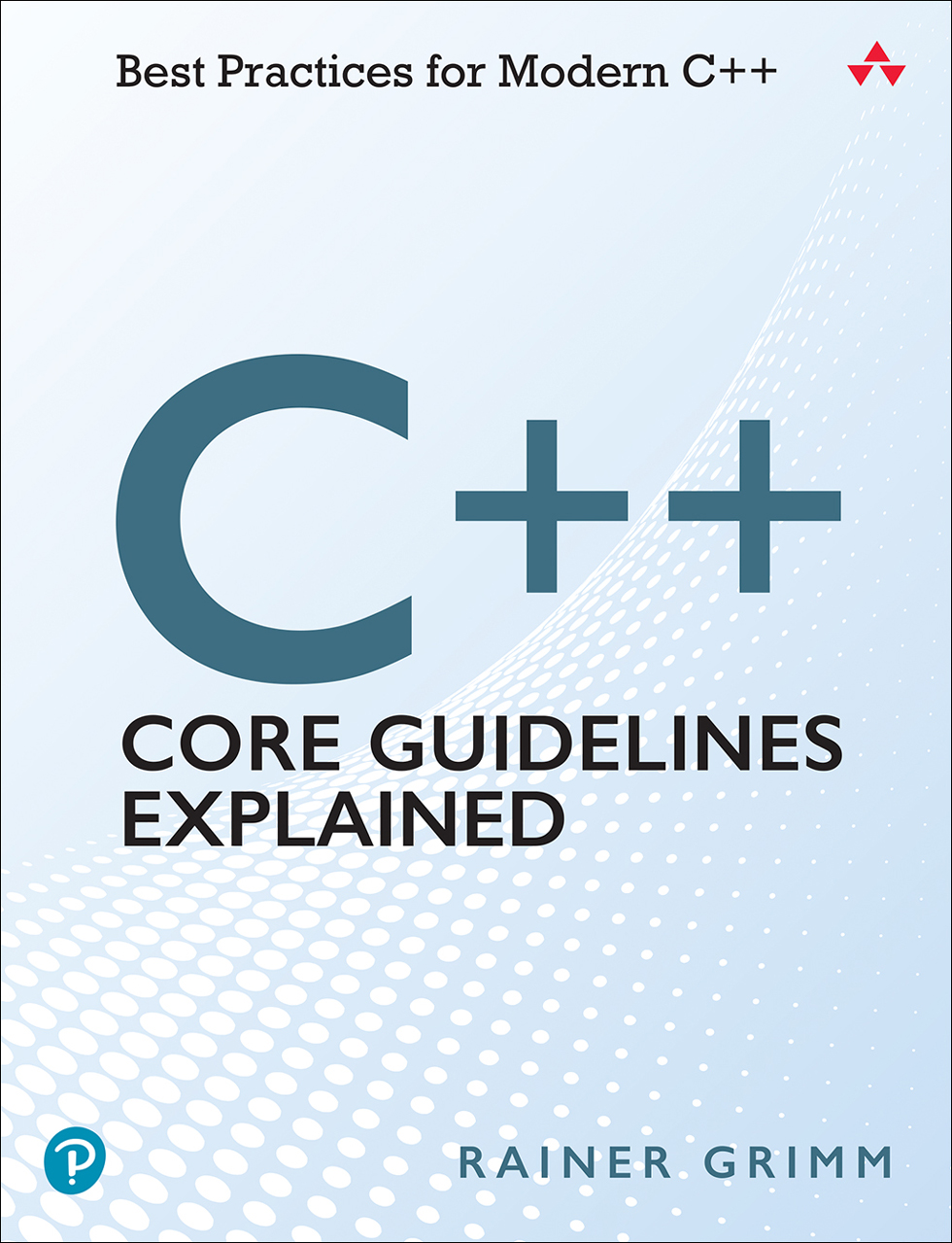

Most ebook files are in PDF format, so you can easily read them using various software such as Foxit Reader or directly on the Google Chrome browser.
Some ebook files are released by publishers in other formats such as .awz, .mobi, .epub, .fb2, etc. You may need to install specific software to read these formats on mobile/PC, such as Calibre.
Please read the tutorial at this link: https://ebookbell.com/faq
We offer FREE conversion to the popular formats you request; however, this may take some time. Therefore, right after payment, please email us, and we will try to provide the service as quickly as possible.
For some exceptional file formats or broken links (if any), please refrain from opening any disputes. Instead, email us first, and we will try to assist within a maximum of 6 hours.
EbookBell Team

5.0
48 reviewsWrite More Elegant C++ Programs
“We are very pleased to see Rainer Grimm applying his teaching skills and industrial background to tackling the hard and necessary task of making the C++ Core Guidelines accessible to more people.”
—Bjarne Stroustrup and Herb Sutter, co-editors, C++ Core Guidelines
The official C++ Core Guidelines provide consistent best practices for writing outstanding modern C++ code and improving legacy code, but they’re organized as a reference for looking up one specific point at a time, not as a tutorial for working developers. In C++ Core Guidelines Explained, expert C++ instructor Rainer Grimm has distilled them to their essence, removing esoterica, sharing new insights and context, and presenting well-tested examples from his own training courses.
Grimm helps experienced C++ programmers use the Core Guidelines with any recent version of the language, from C++11 onward. Most of his code examples are written for C++17, with added coverage of newer versions and C++20 wherever appropriate, and references to the official C++ Core Guidelines online.
Whether you’re creating new software or improving legacy code, Grimm will help you get more value from the Core Guidelines’ most useful rules, as you write code that’s safer, clearer, more efficient, and easier to maintain.
Apply the guidelines and underlying programming philosophy
Correctly use interfaces, functions, classes, enum, resources, expressions, and statements
Optimize performance, implement concurrency and parallelism, and handle errors
Work effectively with constants, immutability, templates, generics, and metaprogramming
Improve your C++ style, manage source files, and use the Standard Library